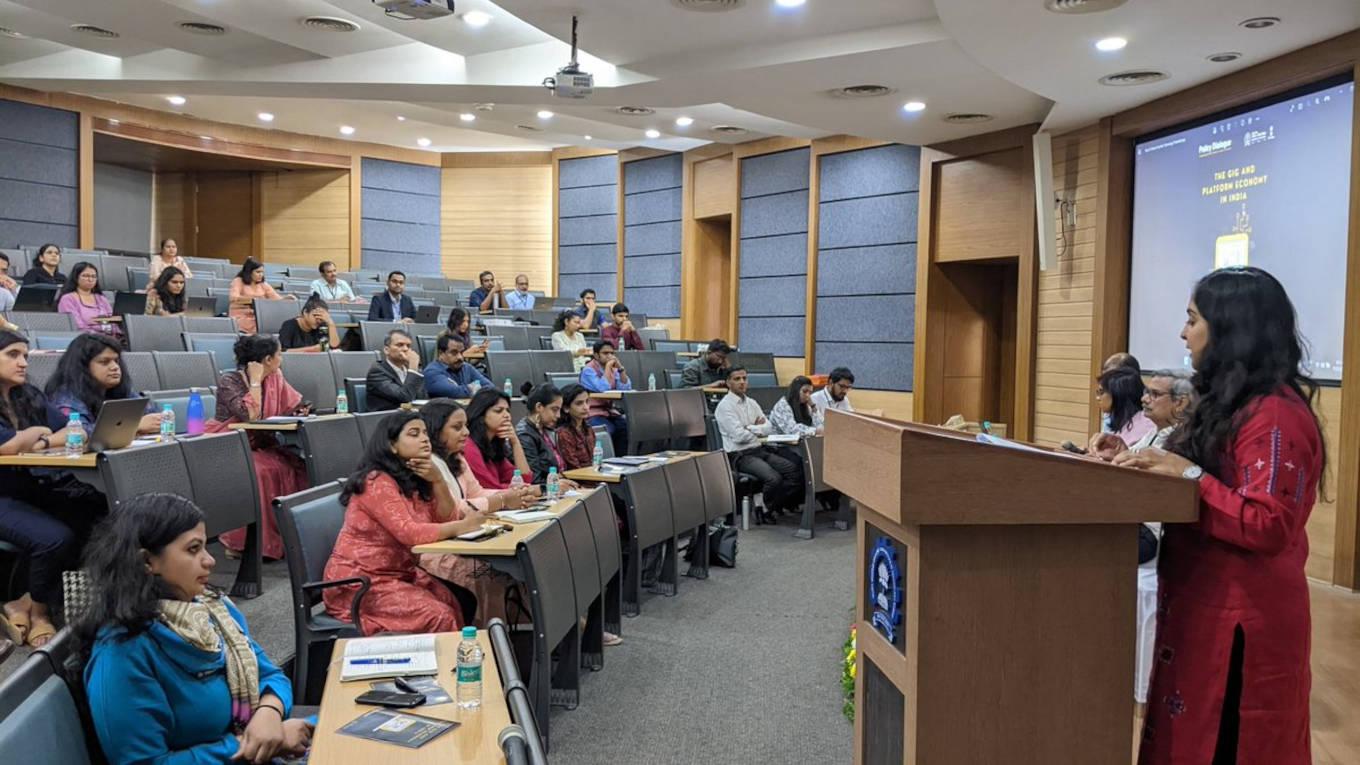
Recently, business schools have been in the news for their engagement with industry and government on multiple dimensions. IIM Ahmedabad, for example, did projects relating to Front of Package Labelling for the government of India and also for the regulatory scaffolding at the International Financial Services Centre Authority. There are ongoing projects with corporates on marketing strategy, pricing, human resource management, wealth management, digital transformation, value creation in relationship management, etc. How does this work? And when do firms and the government prefer to have an academic institution consult for them rather than a top bracket consultant? I believe that the reasons are manifold but can be summarised in three categories. The first has to do with the nature of the work that requires a certain level of academic research based inputs. In social sciences and business research, the standard for publishing in peer reviewed research journals is the ‘.05’ level of significance; roughly, the results have a confidence level of 95 per cent – given the context and the definition of the research that was done on the question or problem that was defined as requiring a solution. This kind of approach spills over into consulting engagements as well. So, when a professor provides inputs based on research, the probability of the advice being ‘right’ – could be arguably higher given the context. This is important for firms because they would normally operate at a 60-70 per cent probability of success decision modes – for reasons to do with data availability, and time spans available for decision making. Some decisions, however, require a higher level of certainly, hence the outreach to an academic organisation. The second reason for the probable increase in engagement with academic institutions has to do with an increasing realisation of the potential value of research capability that is now available locally. India may have got political independence in 1947 and a large measure of economic independence in 1991; however, it is debatable, whether we, as a nation, as a people, as managers, as academics, had a full measure of intellectual and cultural independence. There was always the need to get the imprimatur of relevant stakeholders in Europe or North America. This seems to be receding. One comes across a whole lot of entrepreneurs and leaders in the corporate world and in the government, who are willing and able to engage with qualified academics within the country and to be open to thinking that takes into account the realities of the situation on the ground in India as compared to others. This is not to say that one cannot learn from others – as Rabindranath Tagore said – let the windows of our mind be open to the world; however, let us also realise that there are differences in customer behaviour, in institutional mechanisms, in modes of communication, in capabilities, within the country that matter. And, so, firms and governments are beginning to engage more with academia. From a personal standpoint, having been back in the country for 18 years after having spent 12 years in the US and the UK, I can see the increase in the scape and scope of engagement between business schools on one side and industry and government on the other.


































